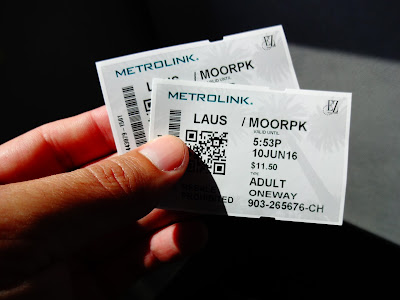Traditional Directions Change
 |
| One-Way to Heaven... According to His Right Hand |
What is a tradition you are proud of?
Is it a cultural tradition?
Is it a religious tradition?
Is it a tradition not based on highly held beliefs, but something that simply makes you happy?
Is the tradition based on fact, or just the fact that it has been held as a tradition for a long time?
Some people have a traditional summer retreat they visit for vacation, others a favorite place to visit to celebrate a birthday (born-day)... others, a special dinner with family and friends every year or as often as possible.
Some traditions, however, have been manifested over time.
To challenge traditional beliefs built upon centuries of acceptance is to ask for a miracle where no faith is allowed, but blind acceptance of traditional stories.
To challenge these beliefs is to challenge what many people build their faith upon.
Archeology is an interesting science.
When people dig up the efforts of the past, many things can be deduced from what is found.
Ancient buildings can be seen for their foundational footprint, their specific layout and even the direction the building was 'pointing' towards.
Did you know that the earliest mosques (Muslim places of worship) were built facing Jerusalem?
This fact is revealed according to archeological evidence and in Islamic texts.
Only the later mosques and refurbished mosques would face Mecca, the central focal point of worship and prayer for the Muslim today.
Of course, one's belief system depends on which traditional report one believes or follows.
The earliest Islamic sources themselves point to Jerusalem as the direction of worship, while later traditions explain why the change occurred or simply ignore this change having occurred.
An issue of contention I'm sure for some, but truly a moment to see what facts are revealed despite tradition speaking a different 'fact'.
Revision of history happens in every culture and political climate, not only in the middle-east and Islam during the middle ages.
Yet scholarship and fact-finding is already on the shelves of the world's libraries, and available at your fingertips on the internet.
In my personal journey to separate fact from fiction, righteousness from religiosity, and truth from repeated opinions touted as truth, I have explored the negative attacks against the things I believe in.
I've searched the extra writings that were either left out of the bible by choice, or by circumstance, labeled as heretic or something else... in determining for myself (according to God's granting of understanding) if there was something I was missing or was not told.
I've looked into the historical development of the church, before and after attaining temporal power over the political state.
I've read the critical arguments against Christ, His divinity claims, and of church doctrine in general.
It was taking the road less traveled, which challenged my belief system and faith at times, that actually brought greater depth in understanding the dramatic love story God has written from heaven.
Taking the same approach in searching out Islam's claims to truth, a man's claim to prophethood (and unique claim of being the final prophet to mankind), and the further claims of a 'religion of peace' as correct and true, I have also searched for the truth as God would allow me to see and understand.
Yet, far too many people are comfortable in their traditions, in their ideologies and in what has been planted in their hearts as the truth of all matters past and present.
Sometimes the truth speaks only to your heart, no matter what other information you come across.
Yet other times, the truth is inconceivable no matter what information is read or understood.
The truth today doesn't convince people who believe wholeheartedly in their political leaders, or their religious leaders, or their traditional rituals.
I see a desire to further reinforce beliefs rather than question other possibilities... in searching for more truth, since truth is something that continues to be revealed in deeper layers the further one goes.
I don't think it was possible for me to disbelieve that God existed, but I did question 'who' God was and how it would be possible for me to know God... and know the Way.
This is where only truth can speak to one's heart, no matter the efforts made or the books read.
This is where opinions depart and facts are made clear, either in scholarship or religious dogma or historical significance.
Just as science reveals God's hand in nature (to the believer), not everything science can 'observe' is actually visible to mankind, and thus not observable, and thus difficult to scientifically measure.
Not every bit of historical documentation is going to explain the prophecies of old and their later fulfillments, thus why many fulfillments are missed and other religions can attempt to unearth the foundation (if that were possible, yet possible for those believing what they believe).
But where religion, philosophy and history doesn't speak, truth speaks to the heart.
For the religious, religious observance of several traditions is meaningful to them, helping them in their minds and hearts to come closer to God and in becoming better.
For the scientist, evidence is crucial in developing an understanding and making sense of the world.
For the faithful, no amount of religious effort brings peace other than the peace placed in one's heart by God's right hand.
And 'who' is at God's right hand?
Only the faithful who live in peace with their enemy know... and God is praised no matter what direction the faithful pray towards.


Comments